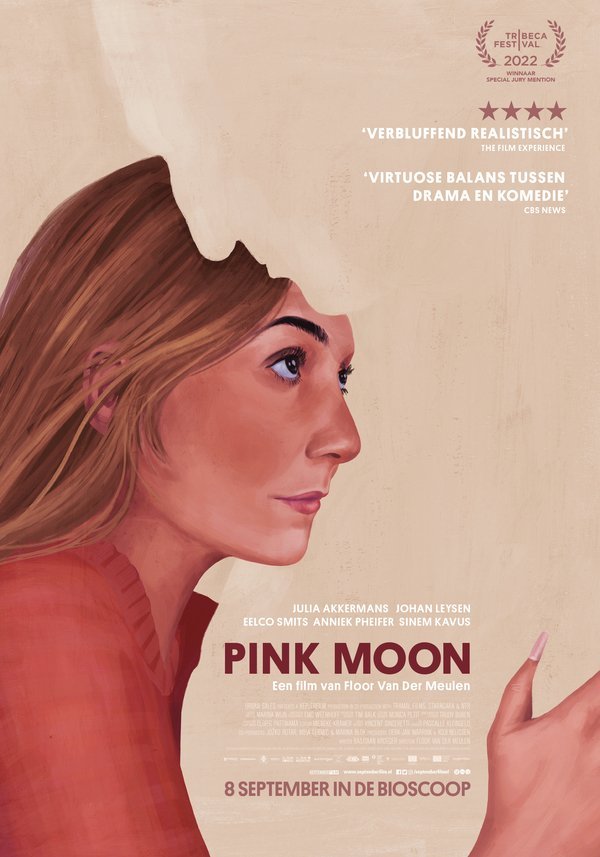Losing the will to live is a selfish choice?
Ismira Mašić
Director Foor van der Meulen opens the film with the theme of euthanasia, and the question of acceptance or rejection is subtly elaborated throughout the film. We meet the characters at a family dinner where Jan (Johan Leysen) informs his children Iris (Julia Akkermans) and Ivan (Eelco Smits) of his decision to end his life. The response from Iris and Ivan is initially similar, but their views quickly start to diverge. While Ivan accepts his father's decision and helps him to prepare for the final act, Iris resolutely, emotionally and sometimes childishly tries to change the decision she can neither accept nor understand. One of the strongest dramaturgical procedures in the film is the switching of the characters' perspectives. Ivan, who was firm and rational while his sister was ready to kidnap their father to talk him out of his idea, eventually breaks down. Thanks to her experiences, mostly unsuccessful, Iris is the one who manages to accept her father's decision. At the very moment of his death, she is the one who is there with Jan.
The greatest value of this film is precisely this subtle and intimate questioning of the issue which stems directly from the well-built characters we can trust. Jan, as he says, had a good life but no longer feels connected to this world, he misses his wife and doesn’t want to become a burden to his children in later years. Iris lost her mother, and now she must also lose the father with whom she shares a deep connection. Moreover, unlike Ivan who has his own family as his stable community, Iris is alone and her father is her only family. Thanks to the time spent with her father, Iris manages to overcome her own selfishness and, even though she appeared to be losing the battle all along, she wins. But Ivan, at the moment when the idea reaches its ultimate goal, gives way to fear and breaks down. Iris is the character who undergoes the greatest change in the film, from a selfish to a self-conscious person, and this change comes through difficult and emotional scenes, as well as scenes in which we find a dose of humor.
Successful dramatization allows us to identify with the characters from several perspectives, but also to shift our opinion back and forth from scene to scene or stay with the sum of the possibilities offered to us. Pink Moon is a film which never imposes its own opinion. The director takes us through an intimate family story, albeit one with a heavy theme sprinkled with a touch of humor, on a journey of questioning important issues in life and society. The film, although Iris made her decision, leaves viewers a lot of room for discussion and the question raised in the film requires an individual response from each person.

